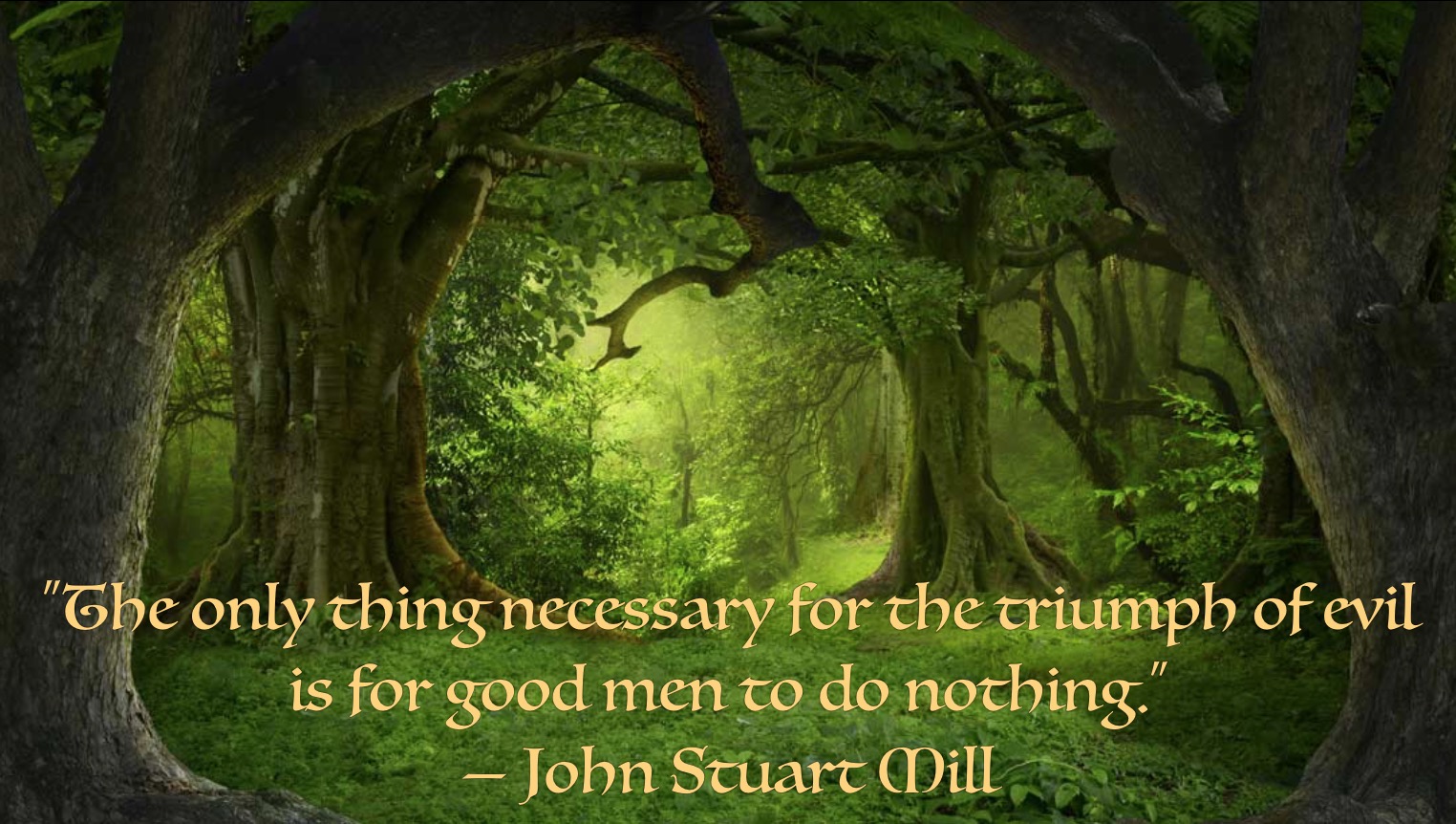I’m taking a break from the doctoral musings to share some thoughts that arose from this post in the ever-illuminating Brainpickings blog. This post shares sections from Martin Luther King’s Letter From Birmingham City Jail, and it particularly struck me how relevant his words, although written in the context of the civil rights movement, are to climate change and any other crime against nature.
Responding to a group of eight Alabama clergymen who had basically told him to take himself and his nonviolent protests elsewhere, accusing him of being an “outsider”, Dr King wrote:
 “Injustice anywhere is a threat to justice everywhere. We are caught in an inescapable network of mutuality, tied in a single garment of destiny. Whatever affects one directly, affects all indirectly.”
“Injustice anywhere is a threat to justice everywhere. We are caught in an inescapable network of mutuality, tied in a single garment of destiny. Whatever affects one directly, affects all indirectly.”
Likewise, while we in the global north may feel relatively immune from the ravages of climate change – looking around the green English countryside around my home, it is hard to feel the immediacy and urgency of the crisis – it is clear that not one single inhabitant of Planet Earth, no matter where they live or what species they are, is going to be safe from the impacts of a warming climate.
He goes on to say:
“History is the long and tragic story of the fact that privileged groups seldom give up their privileges voluntarily. Individuals may see the moral light and give up their unjust posture; but … groups are more immoral than individuals. We know through painful experience that freedom is never voluntarily given by the oppressor; it must be demanded by the oppressed.”
Nailed it, Dr King. I’m sure that no individual who works in the fossil fuel industry, say, would say that they are willing to trash the future prospects of a liveable climate, and yet we now know that this is an inevitable consequence of their collective activities.
And yes, barring a few inspiring examples, those in power are rarely willing to surrender power in favour of justice and equality. See: slavery, conquistadors, women’s suffrage, civil rights movement, corporate ecocide, indigenous rights, the 1%, #metoo, etc etc etc.
Then comes the passage that really made me pause and go, “whoah”, and see the parallel with environmental destruction:
“All this … grows out of a tragic misconception of time that will inevitably cure all ills. Actually time is neutral. It can be used either destructively or constructively. I am coming to feel that the people of ill will have used time much more effectively than the people of good will. We will have to repent in this generation not merely for the vitriolic words and actions of the bad people, but for the appalling silence of the good people. We must come to see that human progress never rolls in on wheels of inevitability. It comes through the tireless efforts and persistent work of men willing to be co-workers with God, and without this hard work time itself becomes an ally of the forces of social stagnation. We must use time creatively, and forever realize that the time is always ripe to do right.”
“Human progress never rolls in on wheels of inevitability.” Within currently living memory, at least in the western democratic world, things have always got better. We have internalised a narrative that assumes that each generation will earn more than the previous one, be better fed, be healthier, be happier. That narrative is now running into a harsher reality. In the US, the UK, and many other parts of Europe, this next generation will struggle to find work, or buy their first home, will be more likely to be obese, die younger, suffer mental health issues. They will face a world of climate disruption that creates drought and food shortages, increases migration, destabilises already volatile regions of the globe.
Why? Because those who benefit from the status quo have been happy to let time drift on, at least until it’s not their problem any more. Kick the can down the road and let someone else deal with it. Keep the music playing in the global game of musical chairs, in the hope that the poor and the weak and the disempowered will collapse of exhaustion while we still circle the line of chairs, leaving the fat cats to claim the comfortable seats of power when the music does stop.
This brings me back to a sense I’ve had for a while, that nothing less than a shift to a higher level of consciousness will “fix” the climate. We can tinker with the problem by taxing carbon, reducing emissions, attempting to geoengineer our way out of trouble, but if we are still at the level of thinking that created the problem, once we’ve done the fixing, our flawed thinking will simply manifest in some other way. We will find something else to damage and destroy.
While we still live in a dominator society, in which it’s okay to look out for one’s own self-interest while failing to see that everything is connected in our “inescapable network of mutuality”, nobody is safe until everybody is safe. Our imperative now is to shift to a partnership society, governed by compassion, justice and equality. Not taking action is the most dangerous kind of action.
Can we do it? Is it possible for humans, flawed as we are, to make this leap of consciousness? I don’t know. But I know for sure that the only way to find out is to try.

